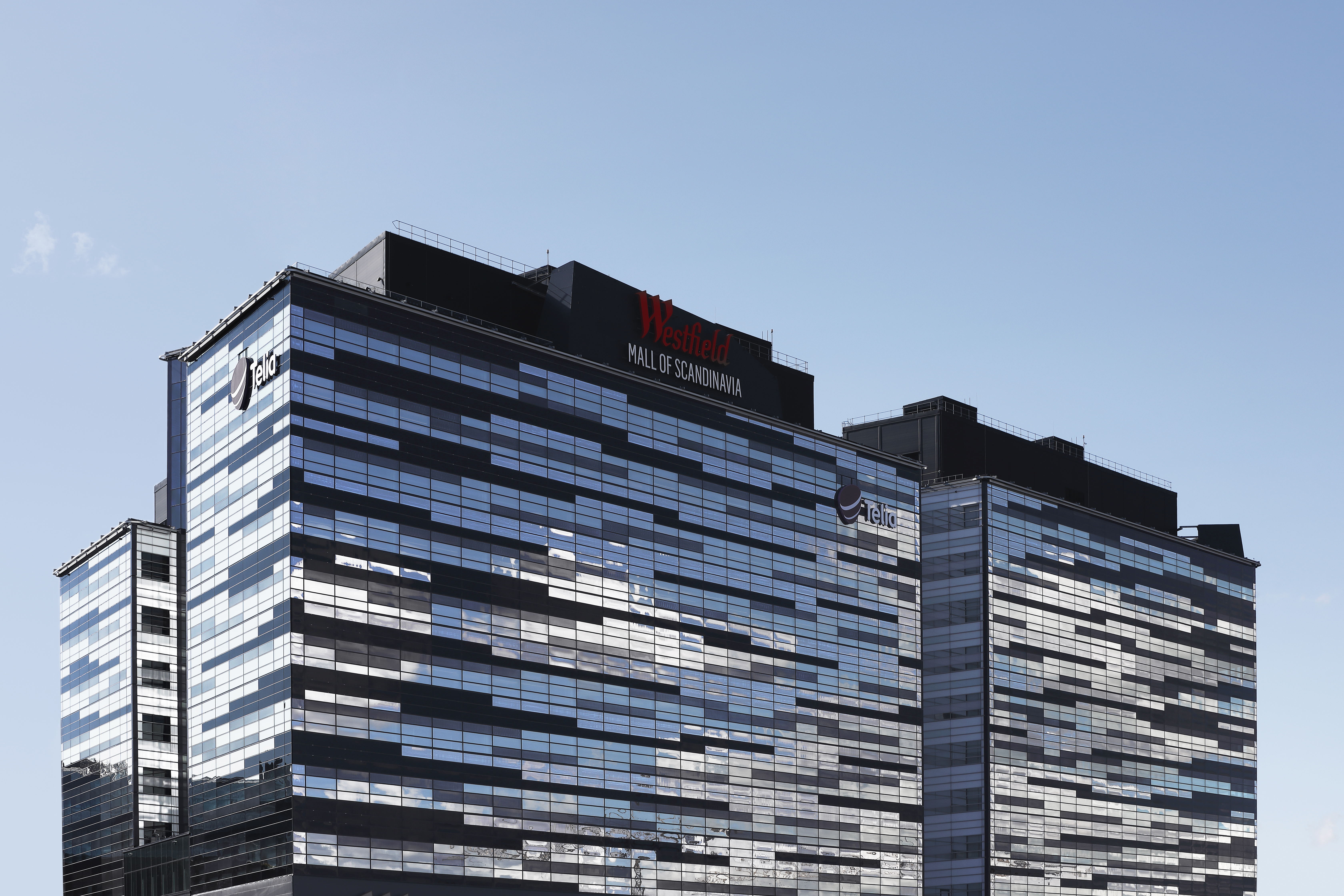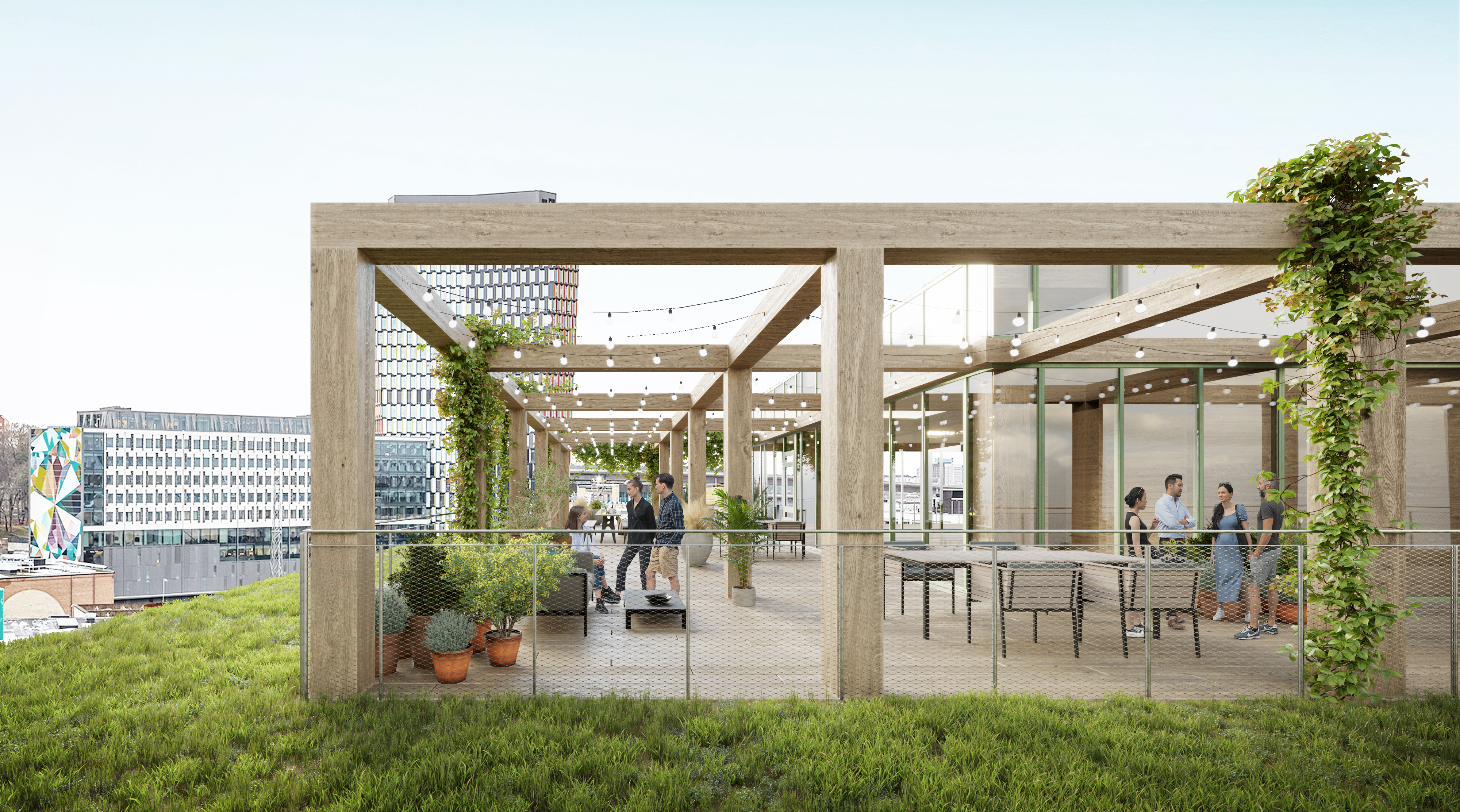Messy surroundings create unsafe environments
Apart from the fact that littering is bad for animals and the environment, there is also a proven link between messy surroundings, lack of safety and criminality. Getting young students to take part and clean up their local area gives them insights that will last for life. And making it fun to do your bit and clean up together, while earning a bit of money for the classroom fund, is seen as an added bonus. Here at Fabege we regard Schysst Sjöstad as an important project to support, and this year we gave every school that took part a donation of SEK 25,000 to share between the classes that got involved.
A whole day on sustainability
This year for the first time, Fabege organised a Sustainability Day in Hammarby Sjöstad, to coincide with Schysst Sjöstad.
“The Sustainability Day is an extension of Schysst Sjöstad, which has been going for six years, and will further highlight just how much importance we place on the sustainability issue here at Fabege,” explains Per Tyrén, Market Area Manager in Hammarby Sjöstad.
The day kicked off with a breakfast seminar at our WAW office in Luma, where our customers got to hear about the future of the electric car and the status of the underground train link to the area. Stockholms Stadsmission’s Head of Fundraising, Adrienne Collin, was there to talk about recycling and social responsibility, while Linnea Grahn, Project Manager at Städa Sverige, spoke about the Schysst Sjöstad project and how they reach out to young people regarding sustainability issues. During the day, we also organised a clothing collection at Luma together with Stockholms Stadsmission.
“We have created a sustainability strategy and we regard it as a natural element of our business model. That’s why it’s particularly enjoyable to spend a whole day focusing on initiatives and activities that make an immediately difference to the local environment in Hammarby Sjöstad,” says Mia Häggström, Head of Sustainability at Fabege.
Examples of our sustainability initiatives in Hammarby Sjöstad include beehives on the roofs, a fish ladder to promote the survival of brown trout, and the installation of charging stations for electric cars. In addition, all Fabege’s service vehicles run on 100% green electricity.
Did you know it takes...
- 450–1,000 years for a plastic PET bottle to biodegrade.
- 200–500 years for nature to break down an aluminium can.
- 3–100 years for a cigarette butt to biodegrade.
- 1 million years for nature to break down glass.
So don’t chuck litter and cigarette butts on the ground, put them in a bin. Sort and recycle as much as you can. Each little contribution makes a big difference. No-one can do everything, but everyone can do something.


